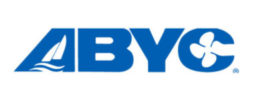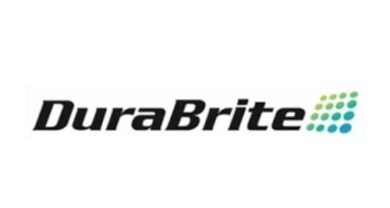Industry works to keep marine floorplan lenders in the game
WASHINGTON, D.C. – With the majority of boat dealers and manufacturers struggling under the pressure of a “frozen” marine floorplan financing environment, it’s no surprise the industry has been mobilized by an opportunity to relieve that pressure. And with that mobilization has come success this week.
As of late yesterday, marine floorplan financing has been included in the second round of Term Asset-Based Securities Lending Facility (TALF), expected to take place in late March or early April, according to the National Marine Manufacturers Association (NMMA).
Under TALF, the government has essentially provided a loan guarantee that gives investors, such as private equity and hedge funds, protection against a loss when buying certain classes of securities. For example, if a private equity firm invested $1 million in securities backed by TALF, the government would cover the firm for 90 percent if it invested 10 percent, explained NMMA Legislative Director Mat Dunn in a recent interview.
What the industry hopes will happen as a result is that investors will leverage the federal guarantee on certain classes of securities – which will now include those held by marine floorplan companies like GE – to buy them up, injecting capital into the companies holding them. If that happens, that will, at the very least, allow them to “stay in the game” and make more credit available to dealers, explained Dunn.
“It’s crucial we don’t lose any more floorplan lenders from the business,” he commented.
There is also hope this will help in the industry’s quest to attract more floorplan financing lenders, whether that involves relationships with community banks, specialty nonbank lenders like GE or credit unions.
“That diversity would provide some competition and also reduce the concentration problem that we currently have,” said Dunn. “We have some great institutions that finance floorplans in our industry, but when one or two of them leave in a downturn like we’re in now, it puts great pressure on dealers and causes many of them to close their doors.”
NMMA underlines that this is a very positive step forward for the industry, but it also recognizes there is much more work to be done to secure additional relief for marine dealers and manufacturers.
The industry’s recent success can be contributed in large part to its response to action alerts issued by the NMMA in the past week directing industry professionals to contact their Congressional representatives. As a result, more than 13,000 related messages were sent through the NMMA Government Relations Web site to Congress and the Treasury over the past few weeks.
In addition, earlier this week, NMMA and a handful of members were finally able to secure a call with Treasury Department and Federal Reserve staff to give them an understanding of how dealer floorplan financing works and how the current state of credit liquidity is impacting companies around the country at a manufacturer and dealer level, explained Dunn.
The lesson for the marine industry comes back to the power it can have when it works together to send a message to the government.
“We need to be constantly vigilant and engage with federal elected officials,” commented Dunn. “We struggle with the misperception that we’re an industry of wealthy people serving wealthy people. Other industries have an easier time affecting policy than we do because of this perception. It is going to take a lot of collective work to get the message through to Congress and the administration that we’re actually a middle class industry.”
- For more of the latest news, click here.




